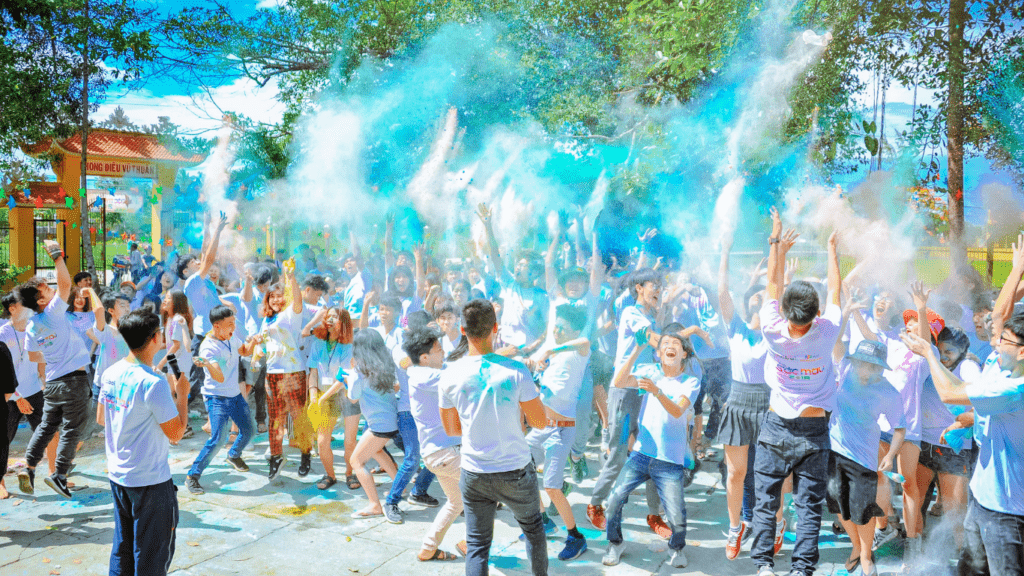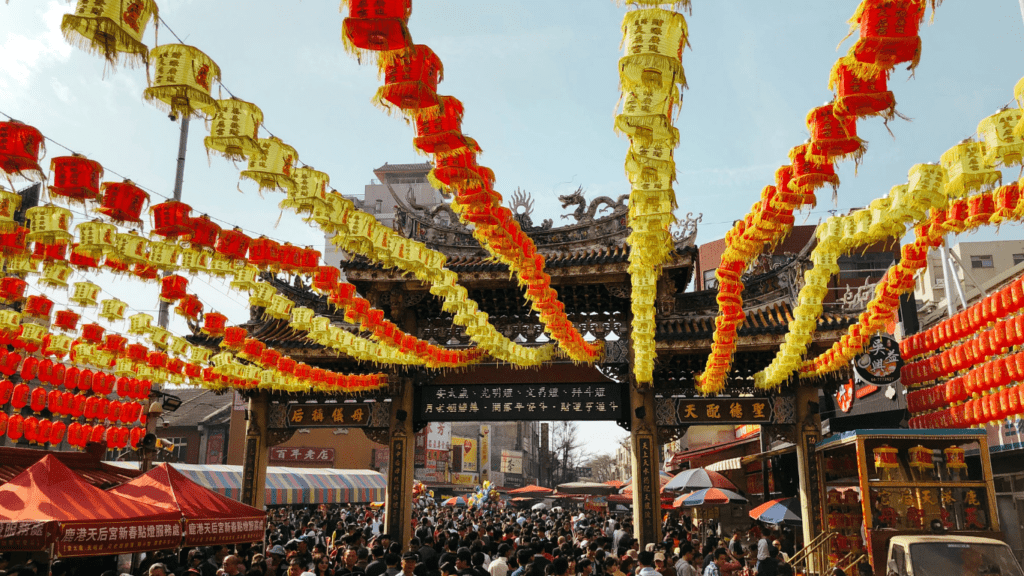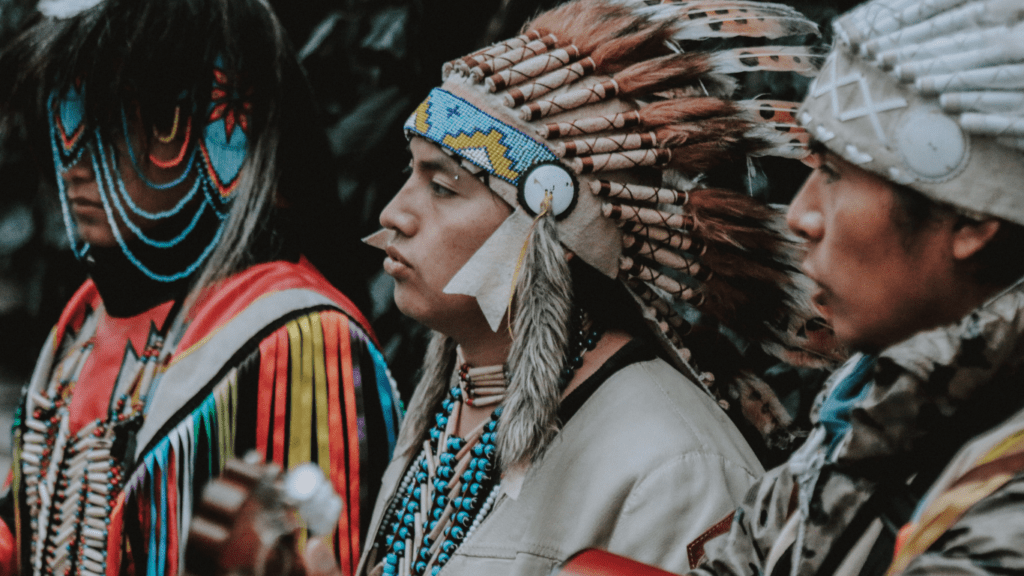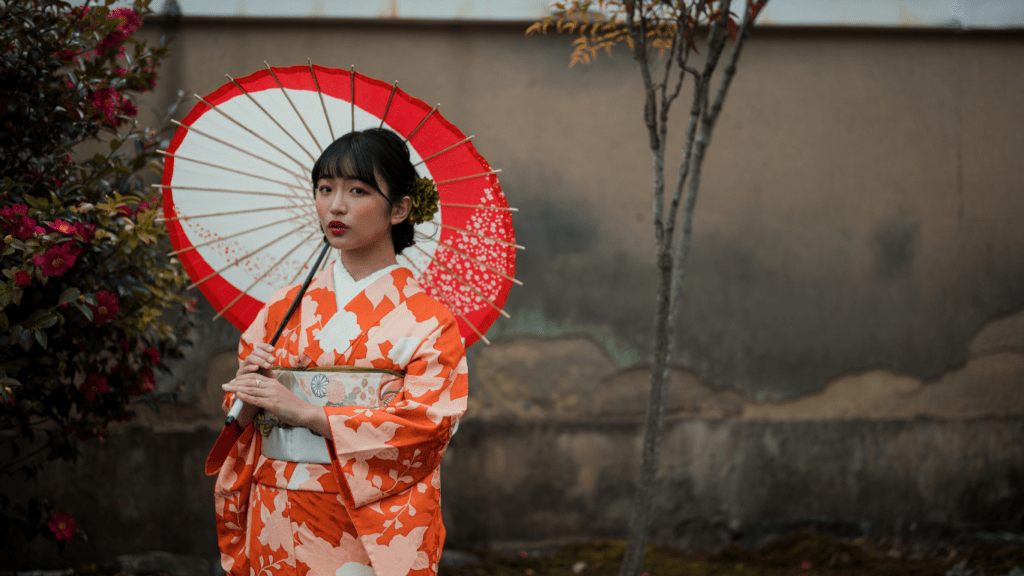Traveling opens up a world of vibrant experiences, and few things capture the essence of a culture better than its festivals. These celebrations are a kaleidoscope of color, tradition, and community spirit.
Whether it’s the electrifying energy of a music festival or the serene beauty of a harvest celebration, each festival tells a unique story that connects us to the heart of a place. I’ve always believed that immersing myself in local traditions is one of the best ways to understand a culture.
From the spirited parades of Rio Carnival to the enchanting lantern festivals in Asia, these events offer a glimpse into the values and histories that shape communities. Join me as we explore some of the most unforgettable festivals around the globe, each worth traveling for to celebrate the rich tapestry of humanity.
Festivals Around the World
Festivals around the world present vibrant opportunities to experience diverse cultures. Each festival showcases unique traditions and customs, reflecting local beliefs and communal ties. Here are some remarkable festivals that highlight this cultural richness:
Rio Carnival, Brazil
- Date: Every February or March
- Highlights: Samba parades, elaborate costumes, street parties
- Significance: Celebrates Brazilian culture, unity, and artistic expression
Diwali, India
- Date: Varies (October or November)
- Highlights: Fireworks, diya lighting, festive meals
- Significance: Marks the victory of light over darkness, and knowledge over ignorance
Oktoberfest, Germany
- Date: Late September to the first weekend in October
- Highlights: Beer tents, traditional foods, folk music
- Significance: Celebrates Bavarian culture, brewing traditions, and community revelry
Holi, India
- Date: March
- Highlights: Colorful powders, joyous gatherings, festive dances
- Significance: Celebrates the arrival of spring and the triumph of good over evil
Chinese New Year, China
- Date: Varies (January or February)
- Highlights: Parades, dragon dances, family reunions
- Significance: Represents new beginnings, family togetherness, and cultural heritage
La Tomatina, Spain
- Date: Last Wednesday of August
- Highlights: Tomato throwing, street music, community spirit
- Significance: Celebrates fun, laughter, and community interaction
Mardi Gras, USA
- Date: Day before Ash Wednesday (February or March)
- Highlights: Colorful parades, masks, jazz music
- Significance: Celebrates indulgence and the beginning of Lent
Exploring these festivals allows immersion into different cultures, enhancing understanding and appreciation of global traditions. Each offers a unique chance to connect with local communities while celebrating vibrant cultural expressions.
Iconic Cultural Festivals
Cultural festivals offer vibrant windows into the traditions and values of different societies. Celebrating culture through color and tradition, these events attract travelers from around the world, eager to experience the rich heritage they represent.
Carnival in Rio de Janeiro
Carnival in Rio de Janeiro occurs annually in February or March, leading up to Lent. This festival features samba parades, street parties, and elaborate costumes. Samba schools compete for top honors, showcasing breathtaking floats and rhythmic performances.
This celebration highlights Brazil’s diverse culture, drawing millions of attendees and creating an unforgettable atmosphere of joy and unity.
Diwali in India
Diwali, known as the Festival of Lights, takes place in October or November. This five-day Hindu festival symbolizes the victory of light over darkness and good over evil. Families illuminate their homes with diyas (oil lamps) and vibrant rangoli patterns.
Fireworks and feasts enhance the festive spirit. Diwali fosters community connections and cultural pride, attracting visitors eager to witness beautifully lit streets and partake in traditional rituals.
Oktoberfest in Germany
Oktoberfest runs from late September to the first weekend in October in Munich, Germany. This 16- to 18-day festival features large quantities of beer, traditional German food, and lively folk music.
Visitors enjoy beer tents hosted by local breweries, each offering unique brews and culinary specialties. Oktoberfest celebrates Bavarian heritage and creates an atmosphere of camaraderie among locals and tourists, making it a top destination for travelers seeking cultural immersion.
Unique Festivals to Experience
Festivals offer vibrant insights into cultural traditions worldwide. Here are three unique festivals that transform communities through celebration.
La Tomatina in Spain
La Tomatina occurs on the last Wednesday of August in Buñol. This quirky tomato-throwing festival attracts thousands. Participants engage in a massive tomato fight, celebrating fun and camaraderie.
The event started in 1945 and symbolizes the town’s spirit. Visitors can expect an exhilarating atmosphere filled with laughter and messy camaraderie.
Holi Festival in India
Holi, known as the Festival of Colors, takes place in March. This lively festival celebrates the arrival of spring and the triumph of good over evil. Participants throw colored powders and water, creating a joyful and colorful spectacle.
Holi encourages forgiveness and unity as people from all backgrounds join together. Observing traditional music and dance adds to the vibrant celebration of life.
Day of the Dead in Mexico
Day of the Dead, or Día de los Muertos, is celebrated on November 1 and 2. This unique festival honors deceased loved ones with colorful altars, intricate sugar skulls, and lively parades. Many families create altars, or ofrendas, adorned with photos, food, and flowers to welcome spirits back.
The festival embodies a joyful remembrance of life, blending indigenous and Spanish traditions while promoting community connections.
The Impact of Festivals on Local Economies
Festivals significantly boost local economies, fostering growth through tourism and commerce. When festivals attract visitors, they generate increased revenue for local businesses.
- Tourism Revenue: Festivals pull tourists, who spend money on accommodation, food, and local attractions. This influx can lead to significant financial benefits for the community, with some festivals prompting millions in visitor spending.
- Job Creation: Festivals create temporary and permanent employment opportunities. Positions in event planning, hospitality, and tourism sectors often expand, providing valuable work experience to locals.
- Business Promotion: Local artisans, vendors, and musicians benefit from increased visibility during festivals. By showcasing their products and talents, they reach broader audiences, contributing to long-term economic viability.
- Infrastructure Development: Festivals often prompt improvements in local infrastructure, such as parks, roads, and facilities. Investments in infrastructure not only enhance festival experiences but also benefit residents year-round.
- Cultural Exchange: Festivals promote cultural exchange, encouraging interactions between tourists and locals. This enhances the community’s global profile, potentially attracting more events and visitors in the future.
These multifaceted impacts reinforce the importance of festivals in revitalizing and sustaining local economies while celebrating cultural diversity.




